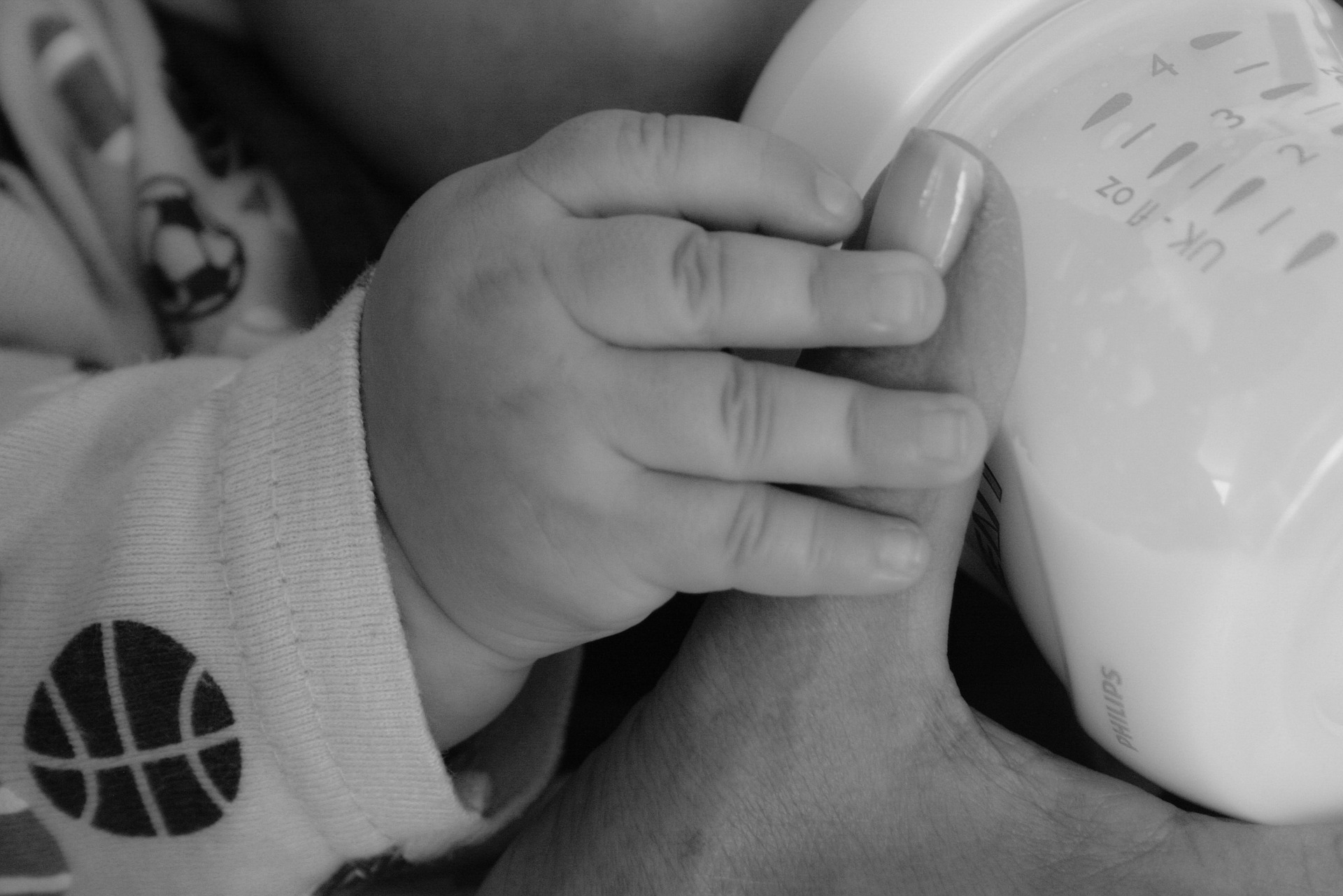Are external sleep props disturbing your child’s sleep?
Sleep prop: It’s a term that is loosely thrown about, and it’s something that people aren’t always clear on. I’ve found that sleep props are the most common reason a child doesn’t sleep through the night, and it’s often the most important issue to address if you want to help your child sleep well. So let’s find out a little more…
What is a sleep prop?
We all know what sleep is (although getting enough of it can be a problem), but what’s a prop? It may not be a word you’ve used before. A quick thesaurus search throws up synonyms like aid, assistance or strengthener. And that’s exactly what it is: it’s effectively a sleep aid, it’s something that assists or helps you to get to sleep. And it really can be anything that your baby or child thinks they need in order for sleep to come. It’s really pretty simple.
In New Zealand, a sleep prop is sometimes called a sleep association – it’s what you’ve associated with falling asleep. And yes, it’s effectively the same thing.
Some adults have sleep props too. If you cannot sleep unless you have a certain something with you, like socks on, or the right pillow, chances are you have a sleep prop. If you’ve ever told yourself “I can’t sleep unless I ……….”, then that’s your sleep prop.
So what’s the problem?
Sleep props can become problematic for babies when they end up relying on an external “something” to help them sleep. I’m a firm believer that sleep is a natural process that just needs to be nurtured. However, what often happens is that the prop gets in the way of this process.
And it can happen very easily. If as a baby I learn that I fall asleep with a bottle in my mouth, because that’s what I do every nap time, bed time, and throughout the night, then the bottle becomes the sleep prop. Now it’s not just for food, it’s also for sleep. This can happen with breast feeding as well, in that it now has two roles.
If a baby has associated a bottle with sleep, then every time that child has a naturally occurring wake up during the night, they think they need the bottle to help them get back to sleep. Often that means you need to go in and recreate what happened at bed time so they can fall asleep (again).
Effectively your child doesn’t know how to get back to sleep without their prop. And as we all wake quite a few times during the night, not knowing how to get back to sleep can be a big deal! This is why you can find yourself in your child’s room four or five times a night, even when they’re over a year old. It’s the prop.
The most common negative sleep props
The most popular sleep props are bottle feeding to sleep, breastfeeding to sleep, rocking to sleep, using a dummy to sleep and sometimes needing motion (like a car ride) to sleep.
Children can often have more than one sleep prop. Bottle feeding for example can be the primary one. But if they are full or feeling fussy sometimes the bottle doesn’t work. In this instance your baby can look to another way of helping themselves fall asleep. Sometimes rocking may help, or sometimes it doesn’t… it’s important to identify all the sleep props your child relies on if you want to encourage better sleep skills.
Ideally a child learns that they are able to fall asleep without an external prop. If they can fall asleep without a sleep aid, then they can put themselves to sleep every time; at bedtime and during the night, and for naps as well…
When a child has the ability to sleep prop free it really is a wonderful thing. For them and for you! If they can learn to sleep independently there’s no need to wake you with a lot of fuss or bother as they won’t rely on you to supply the prop that helps them get back to sleep.
I want to encourage you to identify your child’s sleep props and start taking some steps to eliminating them for a better night’s sleep. If you’d like some help, I can give you a very clear step by step guide on how to say goodbye to the props once and for all. Because everyone needs a good night’s sleep!
If you’d like to know more about my sleep packages you can book a free 15 minute initial call with me here.

